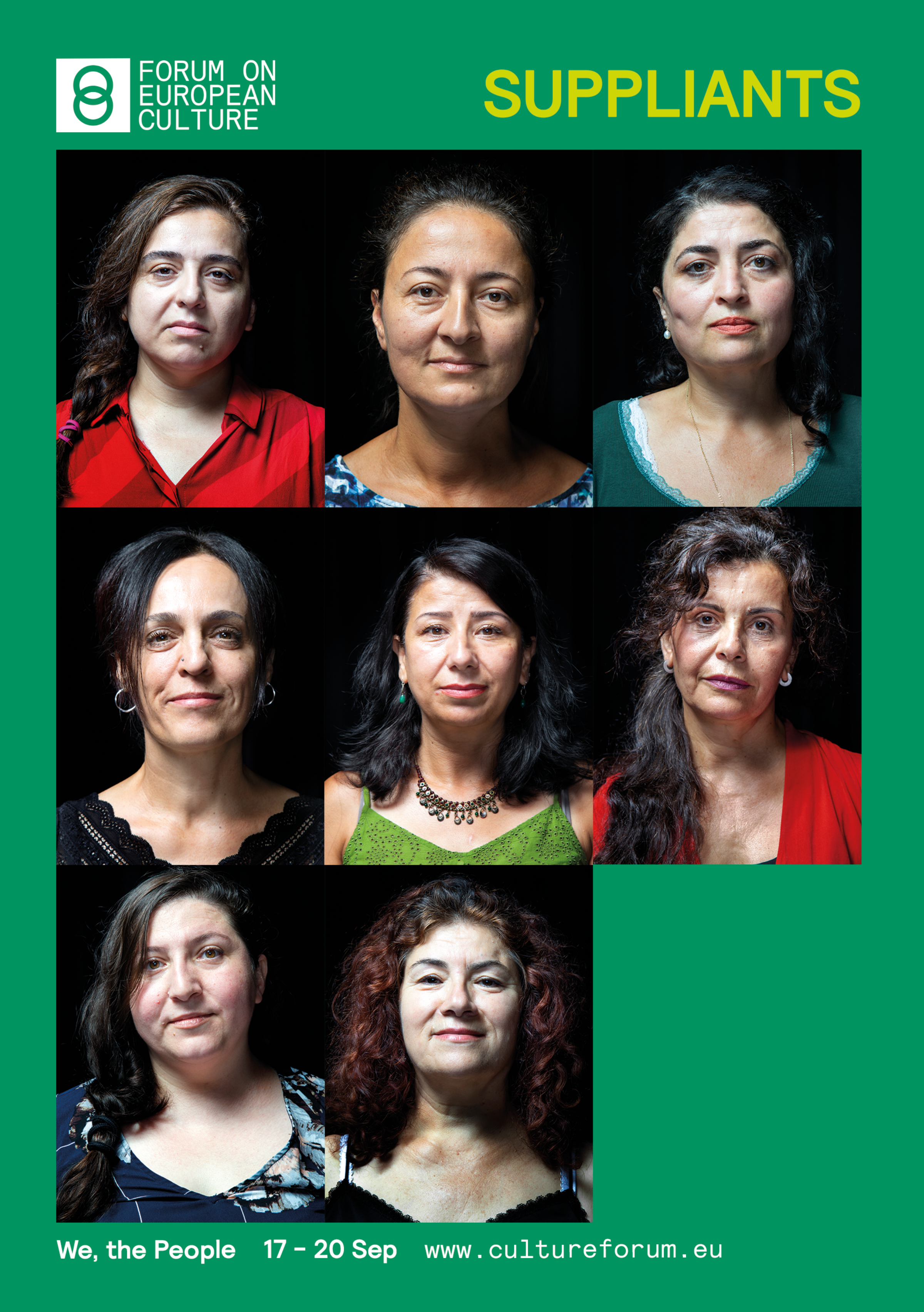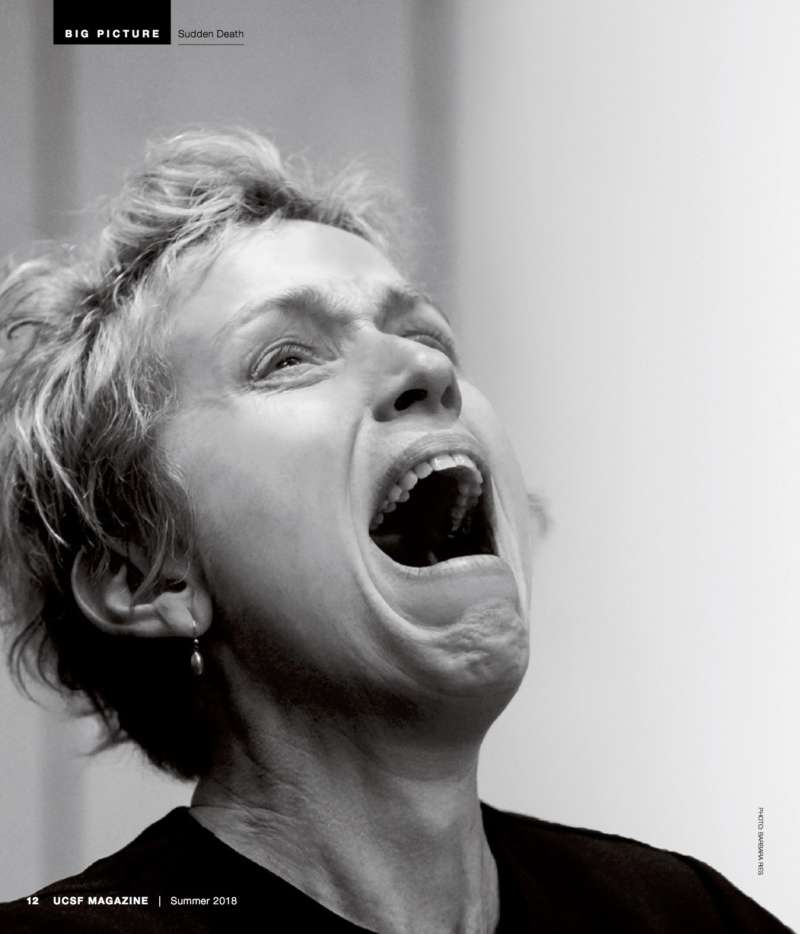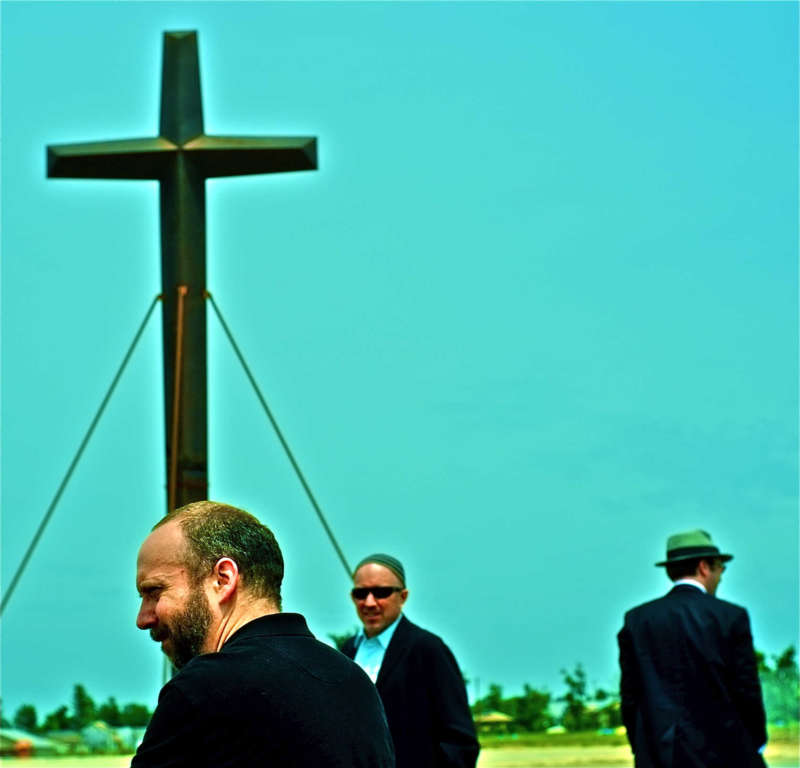Open to Public
The Suppliants X DeBalie
Free Event
During the Forum on European Culture we present the European premiere of The Suppliants (Smekelingen). The classic tragedy of Aeschylos, translated by Hafid Bouazza and recited by actors Gijs Scholten van Aschat, Hans Croiset, Nazmiye Oral and Jochum ten Haaf. With traditional Kurdish singing by a women’s choir. A modern interpretation of an ancient story.
This event will be livestreamed on 20th of September on our Youtube channel
The Suppliants tells the story of a group of women who are on the run from forced marriages and domestic violence and seek asylum in a city unknown to them. The king of the city has his doubts: should he let them in, and what are the consequences?
During the festival we present this ancient text in a unique form in the open air: the Tolhuistuin. The choir consists of 9 Dutch-Kurdish women, each with their own story. After the performance, the audience will be asked the following question: what can words from more than two thousand years ago tell us about the fate of refugees and pressing topics such as xenophobia and integration?
After an idea from Bryan Doerries and based on the concept of his ensemble Theater of War. They developed the Suppliants in the United States in close cooperation with the Caribbean Garifuna community.
Please note: this programme will be taking place outside, so please be prepared and bring some warm clothes!
Text: Bryan Doerries (based on Aeschylus)
Translation: Hafid Bouazza
Development and direction: Yoeri Albrecht,
Dramaturgy: Merlijn Geurts, Ianthe Mosselman (De Balie)
Music direction: Celil Toksöz
Actors: Gijs Scholten van Aschat, Hans Croiset, Jochum ten Haaf, Nazmiye Oral
Choir: Zehra Killi, Azime Kilinc, Evin Akin Arslan, Naime Akar, Humeyra Yildirim, Nilufer Akay, Nesrin Yildiz, Neslihan Öztürk Durdu, Serwet Xan
Music: Ulaş Yeşil, Emrah Oğuztürk, Alper Kekeç
Language: Dutch, Kurdisch
Subtitles: English

About the play
-
The Suppliants by Aeschylus
In Aeschylus’ ancient play The Suppliants, fifty women who are fleeing forced marriages travel from Egypt to Argos in order to ask King Pelasgus for asylum. At first, Pelasgus refuses to help them, but the Argive people rally behind the women and convince their king to allow the refugees to remain under the city’s protection. When a large group of Egyptian men arrive in Argos, demanding their women back, King Pelasgus threatens them and summons his army to drive them away. The play ends with the women retreating to safety and finding asylum within the walls of Argos.
Explore Projects
-
 Caregiving & DeathEnd of Life
Caregiving & DeathEnd of LifeEnd of Life presents readings of ancient Greek plays in public settings and medical communities as a catalyst for facilitated discussions about challenges faced by patients, families, and health professionals today around end of life care. This unique, participatory event is intended to promote powerful, open discussion among diverse communities - public and professional - fostering compassion, cooperation, and understanding about living with chronic suffering and the mortality we all share.
-
 Natural DisasterBook of Job
Natural DisasterBook of JobThe Book of Job Project presents dramatic readings by acclaimed actors of The Book of Job as a catalyst for powerful, guided conversations about the impact of natural and manmade disasters upon individuals, families, and communities.
-
 Domestic ViolencePatient and Impatient Griselda
Domestic ViolencePatient and Impatient GriseldaTheater of War Productions and Margaret Atwood return to the Toronto International Festival of Authors with an exciting new collaboration exploring power and control, domestic violence, and family dynamics by way of two versions of the same story, one written by Giovanni Boccaccio in 1348 during the bubonic plague and the other by Atwood in 2020 during the Covid-19 pandemic. In Bocaccio’s version, a woman named Griselda remains in an abusive and controlling relationship, showing great patience and forbearance in the face of her husband’s sadism and cruelty. In Atwood’s version, Griselda takes matters in her own hands and, with the help of her sister, turns the tables on her husband.
This free, public event featured a live, dramatic reading of the “Patient Griselda” story from Boccaccio's Decameron by Jesse Eisenberg (The Social Network, Fleishman is in Trouble), Maev Beaty (Beau is Afraid, Mouthpiece), and Araya Mengesha (Tiny Pretty Things, Nobody). Then, in response, Margaret Atwood performed “Impatient Grisleda,” a story that is narrated to a group of humans in quarantine by an alien that looks like an octopus. The readings of both texts was followed by immediate responses by community panelists and culminated in a guided audience discussion, facilitated by Bryan Doerries (Artistic Director, Theater of War Productions).
Co-presented by Theater of War Productions and Toronto International Festival of Authors.
This hybrid presentation took place in person at the Toronto Harbourfront Centre Theatre and on Zoom Webinar on September 30, 2023.
